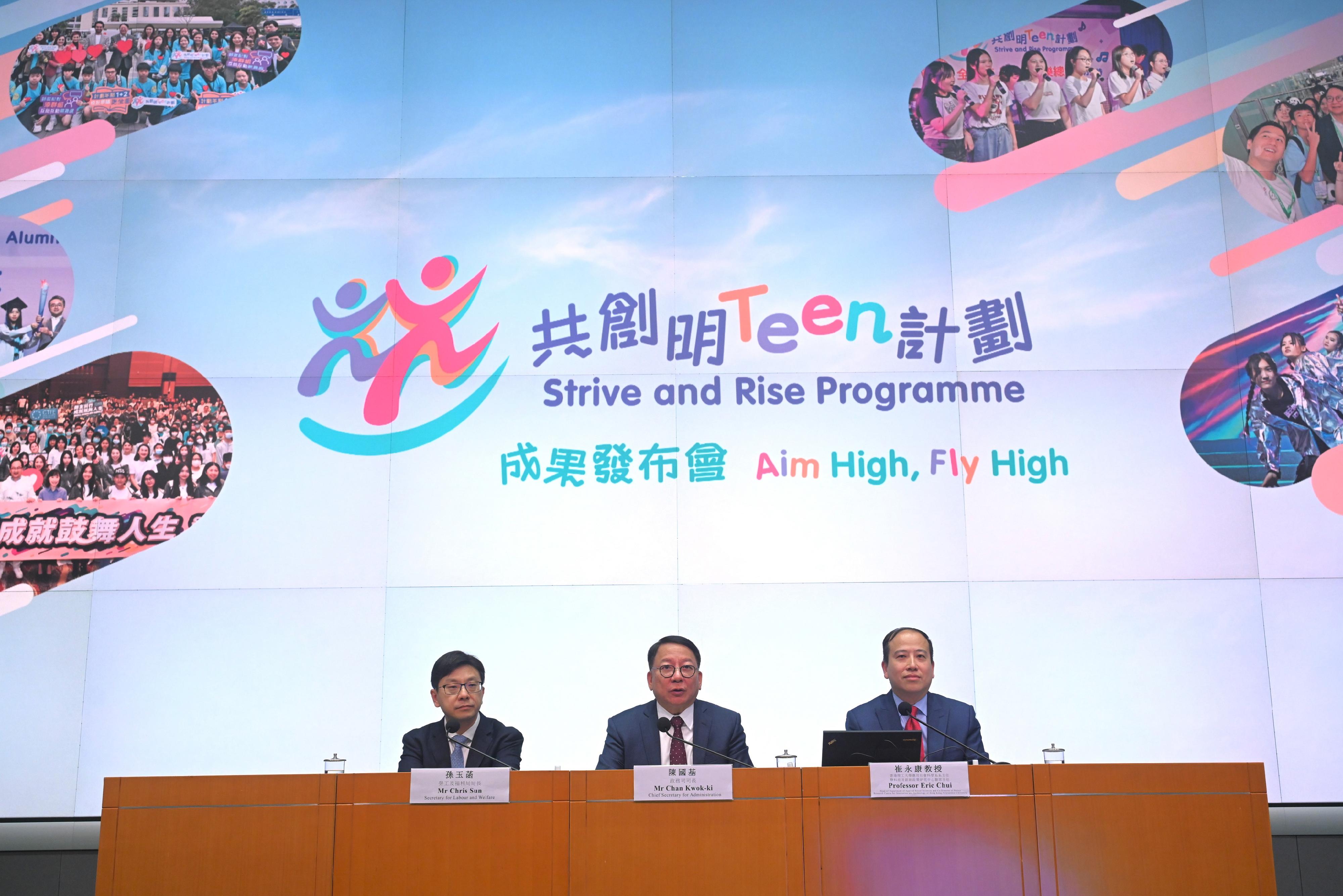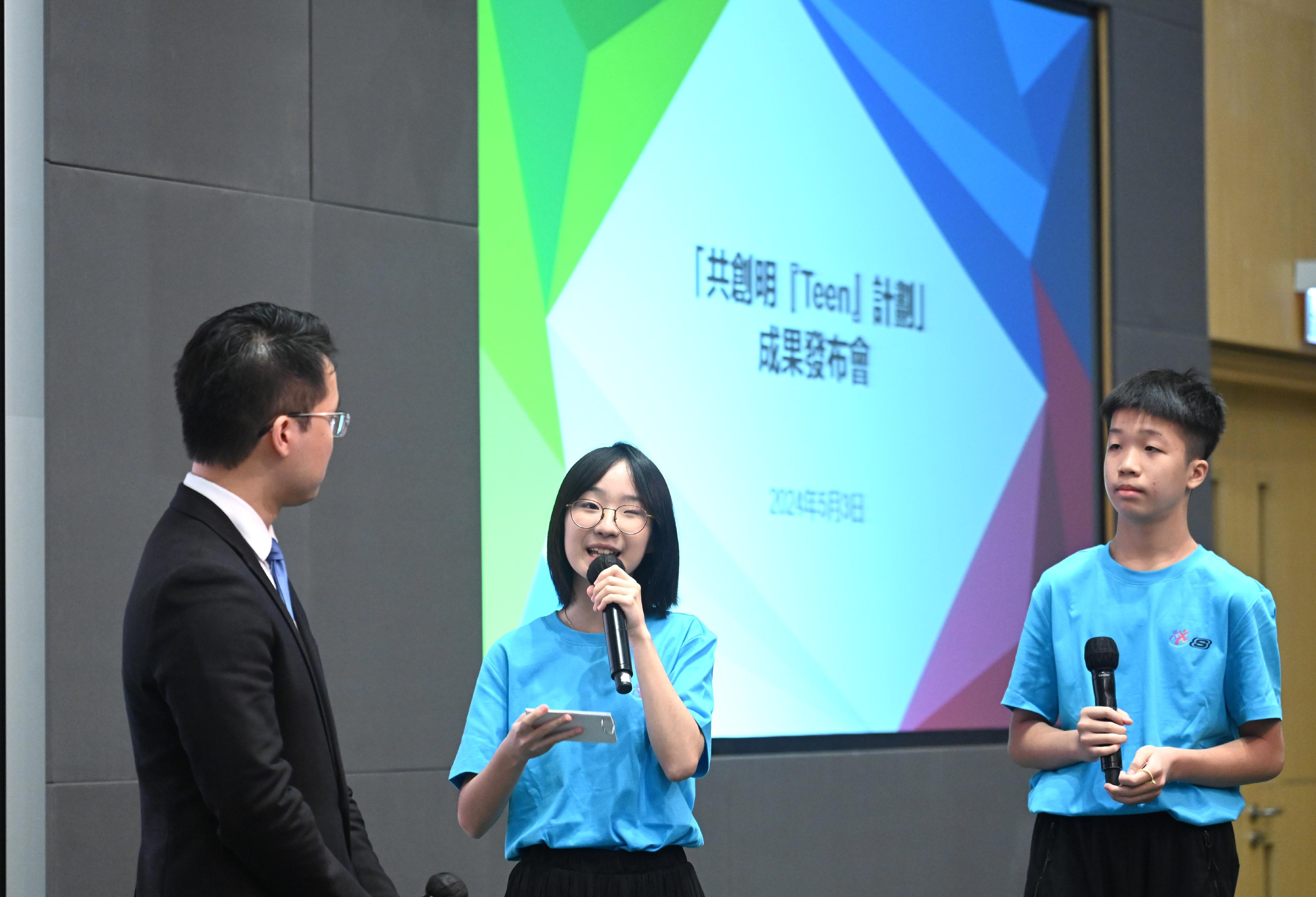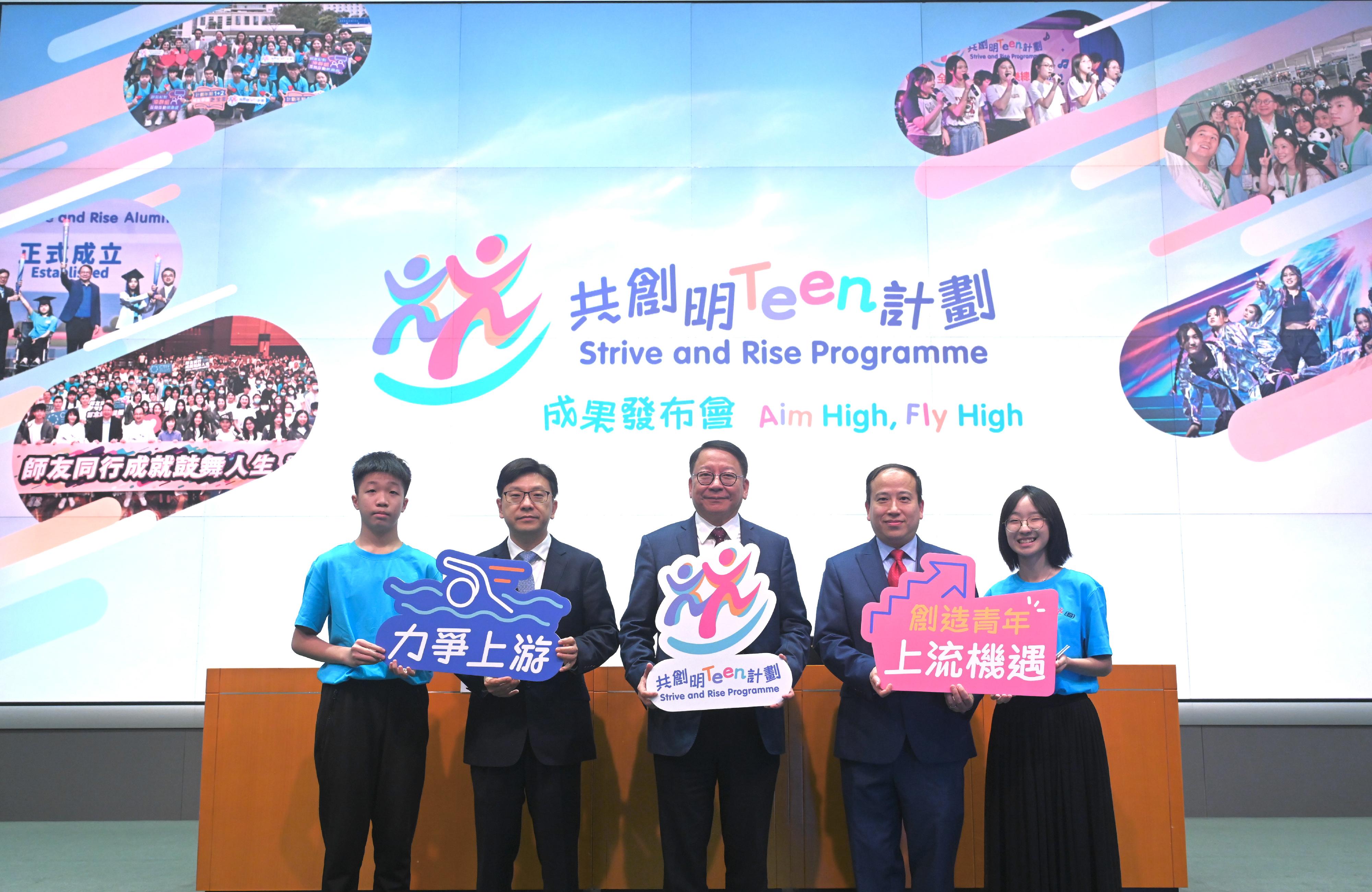Employers, contractors and employees should be aware of electrical safety at work during rainstorm
As the rainstorm warning has been issued by the Hong Kong Observatory, the Labour Department (LD) reminds employers and contractors that they should adopt necessary work arrangements and take suitable safety measures to protect the safety of their employees when they are carrying out electrical work or handling electrical plant.
A spokesman for the LD said today (May 4) that employers and contractors should avoid assigning employees to carry out electrical work (like electric arc welding work) or handle electrical plant at places affected by rainstorms, and should refer to the "Code of Practice in times of Typhoons and Rainstorms" and the "Guide on Safety at Work in times of Inclement Weather" issued by the LD.
Even if electrical work is carried out or electrical plant is handled at places not affected by the rainstorm, suitable safety measures must still be adopted to prevent electric shock as the air would be more humid. Such measures include:
(i) Ensure that all live parts of an electrical installation are isolated from the power supply source and rendered dead, and the isolation from the power supply source must be maintained as long as electrical work is being carried out;
(ii) Before carrying out any electrical work or handling any electrical plant, cut off and lock out the power supply source, then test the circuit concerned to confirm it is dead and display suitable warning notices, and issue a work permit thereafter;
(iii) Ensure that protective devices (such as suitable and adequate fuses and circuit breakers) for the electrical installations or electrical plant have been installed and maintained in good working order, and portable electric tools must be double-insulated or properly earthed;
(iv) Provide suitable personal protective equipment such as insulating gloves and insulating mats for employees; and
(v) If live electrical work is unavoidable, a comprehensive risk assessment should be conducted by a competent person and the appropriate safety precautions should be taken to remove or properly control the electrical hazards involved before such work can proceed.
In addition, employees should co-operate with the employer or contractor to follow the safety instructions and use the safety equipment provided.
The LD has published guidebooks and leaflets on electrical work safety. These safety publications are available free from divisional offices of the department or can be downloaded from its website (www.labour.gov.hk/eng/public/content2_8.htm).
Should there be any questions about occupational safety and health matters, please contact the Occupational Safety Officer of the LD at 2559 2297.


